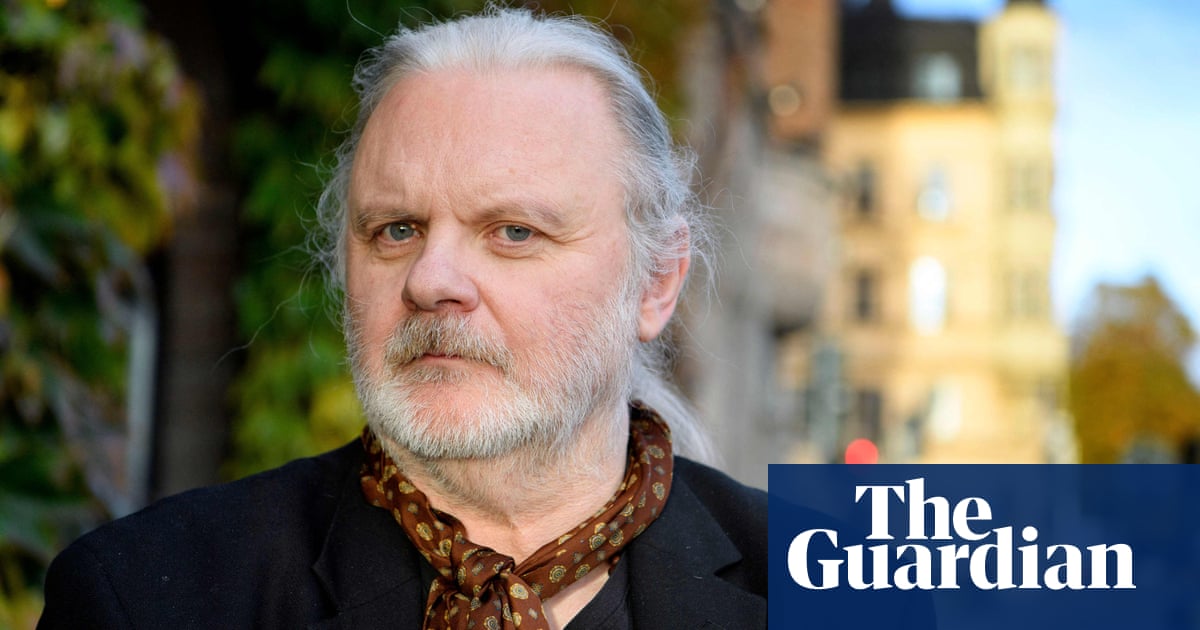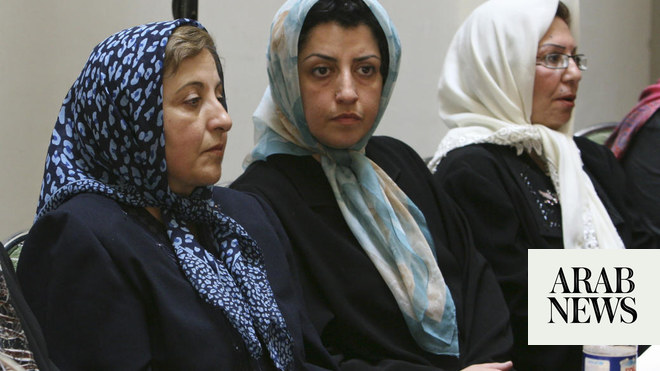
The poet Louise Glück has become the first American woman to win the Nobel prize for literature in 27 years, cited for “her unmistakable poetic voice that with austere beauty makes individual existence universal”.
Glück is the 16th woman to win the Nobel, and the first American woman since Toni Morrison took the prize in 1993. The American singer-songwriter Bob Dylan was a surprise winner in 2016.
One of America’s leading poets, the 77-year-old writer has won the Pulitzer prize and the National Book Award, tackling themes including childhood and family life, often reworking Greek and Roman myths.
The chair of the Nobel prize committee, Anders Olsson hailed Glück’s “candid and uncompromising” voice, which is “full of humour and biting wit”. Her 12 collections of poetry, including her most recent Faithful and Virtuous Night, the Pulitzer-winning The Wild Iris, and the “masterly” Averno, are “characterised by a striving for clarity”, he added, comparing her to Emily Dickinson with her “severity and unwillingness to accept simple tenets of faith”.
“In her poems, the self listens for what is left of its dreams and delusions, and nobody can be harder than she in confronting the illusions of the self,” Olsson said. “But even if Glück would never deny the significance of the autobiographical background, she is not to be regarded as a confessional poet.”
In a short interview conducted in the early hours of Thursday morning, Glück told the Nobel prize: “My first thought was, I won’t have any friends because most of my friends are writers. But then I thought, that won’t happen. It is too new, you know? I don’t know what it means. It is a great honour. There are recipients I don’t admire. But I think of the ones I do.”
She said the winnings – 10m Swedish kronor (£870,000) – would help her buy a home in Vermont. “But mostly, I am concerned for the preservation of daily life, with people I love … it is disruptive. The phone is ringing now, squeaking into my ear.”
When asked where new readers should start, Gluck said, “I would suggest they don’t read my first book unless they want to feel contempt. But everything after that might be of interest. I like my recent work. Averno would be a place to start, or my last book Faithful and Virtuous Night.”
The news was welcomed by her fellow poets. Claudia Rankine told the Guardian that she was “so pleased”.
“Something good had to happen!” Rankine said. “She is a tremendous poet, a great mentor, and a wonderful friend. I couldn’t be happier. We are in a bleak moment in this country, and as we poets continue to imagine our way forward, Louise has spent a lifetime showing us how to make language both mean something and hold everything.”
Praising Glück’s poem The Wild Iris, Imtiaz Dharker said: “There is no easy comfort in it (or in any of her work, when I went to find more of it). What she offers instead is uncompromising clarity, especially about the slide of all living things towards death. Yet she often turns that awareness on a pin and tilts the poem to catch a different light.”
Kate Clanchy said it was “great to have a woman poet win the Nobel”.
“She is a very quotable poet – you can look her up on Instagram,” Clanchy said. “But it’s worth noting that her resonant aphorisms are always spoken by ironised voices – a wild iris, for example. Her poems are austere, difficult, very much alive. I’ve always admired her.”
Born in New York City in 1943, Glück grew up on Long Island and attended Columbia University. She has taught poetry in many universities, and is currently an adjunct professor of English at Yale. In an interview with Poets and Writers magazine, she spoke about the balance between her life and work, arguing “you have to live your life if you’re going to do original work”, because “your work will come out of an authentic life, and if you suppress all of your most passionate impulses in the service of an art that has not yet declared itself, you’re making a terrible mistake”.
“When I was young I led the life I thought writers were supposed to lead, in which you repudiate the world, ostentatiously consecrating all of your energies to the task of making art,” Glück said. “I just sat in Provincetown at a desk and it was ghastly – the more I sat there not writing the more I thought that I just hadn’t given up the world enough. After two years of that, I came to the conclusion that I wasn’t going to be a writer. So I took a teaching job in Vermont, though I had spent my life till that point thinking that real poets don’t teach. But I took this job, and the minute I started teaching – the minute I had obligations in the world – I started to write again.”
The award will mark a change for a writer who has often avoided the spotlight. When Glück was appointed as US poet laureate in 2003, she said she had “no concern with widening audience”, and that she preferred her audience “small, intense, passionate”.
At Glück’s UK publisher Carcanet, which has published the poet for more than two decades, Michael Schmidt said staff were “completely surprised” at the news but also “astonished at the justice of the win”.
“What the Academy seems to have done is they’ve gone for a poet who is, in a sense, aesthetically, imaginatively, at odds with the age,” Schmidt said. “She’s not a cheerleader. She’s in no way a voice for any cause – she is a human being engaged in the language and in the world. And I think there’s this wonderful sense that she is not polemical, and maybe this is what’s being celebrated. She’s not a person trying to persuade us of anything, but helping us to explore to explore the world we’re living in. She’s a clarifying poet. There doesn’t seem to be much political engagement in her poems. They’re really about the individual human being alive in the world, and in the language.”
The prize is awarded by the 18-strong Swedish Academy to the writer they deem has fulfilled the condition laid out in the somewhat murky words of Alfred Nobel’s will: to “have produced in the field of literature the most outstanding work in an ideal direction”.
After enduring almost three years of scandal, observers had predicted the Swedish Academy would go for a safe choice this year, with Canadian poet Anne Carson, Antiguan-American writer Jamaica Kincaid, Chinese novelist Yan Lianke, Russian novelist Lyudmila Ulitskaya, Japanese bestseller Haruki Murakami and perennial contender Ngũgĩ wa Thiong’o, the Kenyan novelist, poet and playwright, named as possible winners.
The august and secretive voting body was rocked by allegations of sexual abuse and financial misconduct in 2017, culminating in the conviction of Jean-Claude Arnault, husband of academy member Katarina Frostenson, for rape in 2018. Frostenson subsequently left the Academy after she was discovered to have leaked the names of previous winners, and a string of resignations from Academy members followed, with the 2018 award postponed.
Announcing the 2018 and 2019 winners last year, the Academy was hoping for an end to criticism, with Olsson promising that the prize was moving away from a Eurocentric, male-oriented focus. Instead, they chose two European writers, the widely-acclaimed Polish author Olga Tokarczuk, and the Austrian writer Peter Handke, a choice which was widely criticised over Handke’s denial of Serb atrocities during the war in the former Yugoslavia.












